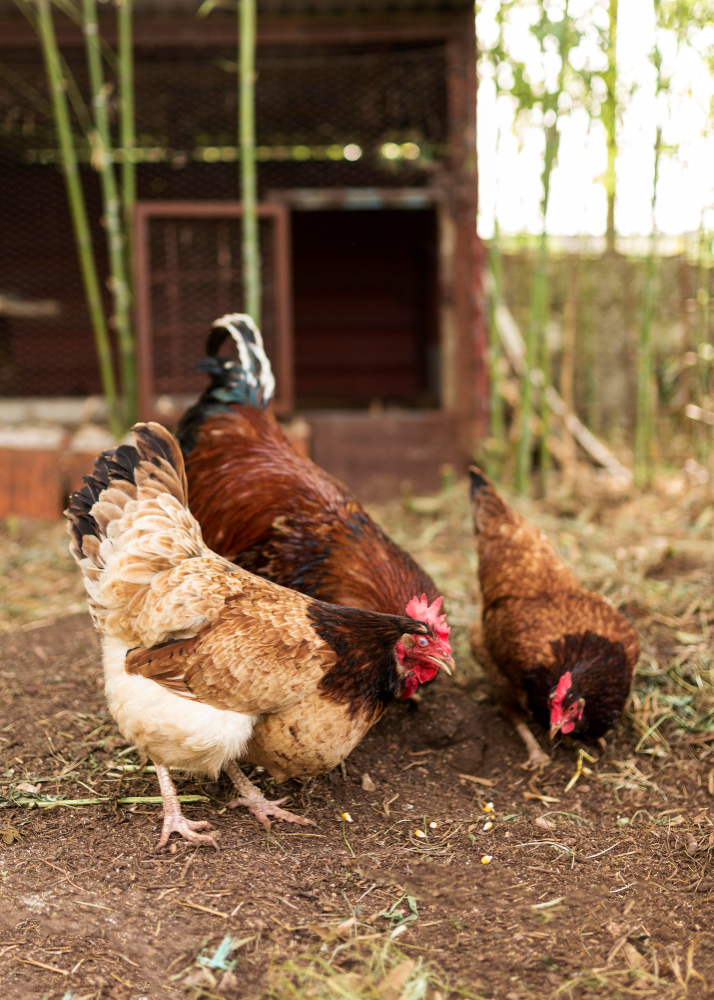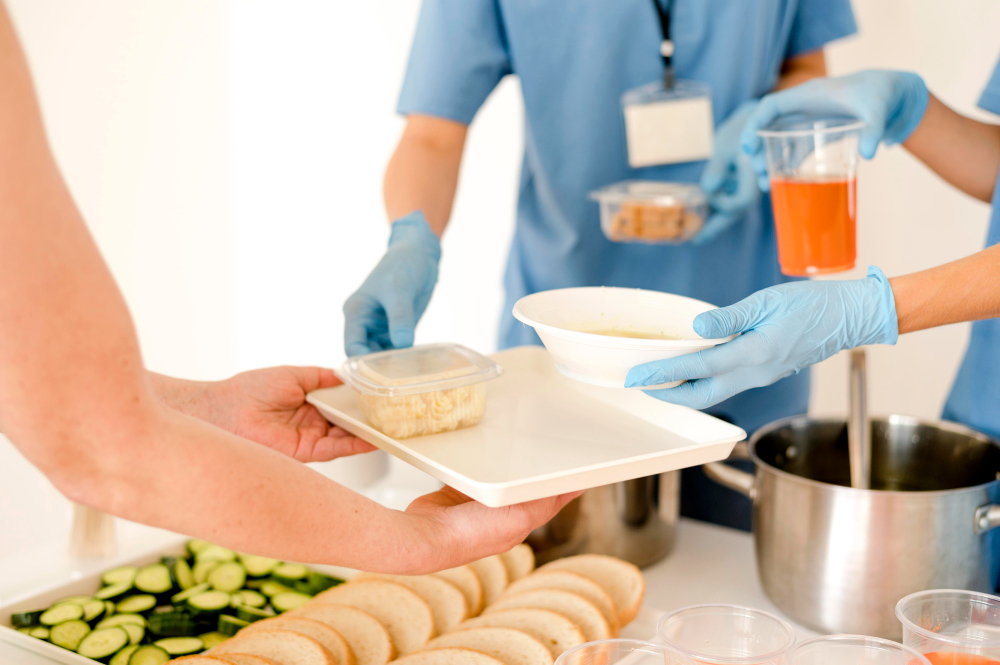Why is Halal Certification So Important for Singapore Muslims?
By KOPIŌ Krew
Singapore is known for its rich culinary landscape, where diverse cultures contribute to a vibrant food scene. For the Muslim community, ensuring that food adheres to Islamic dietary laws is a top priority. This is where halal certification plays a crucial role. But why is halal certification so important for Singaporean Muslims, and what impact does it have on businesses and consumers alike?

Religious Obligation and Assurance of Compliance
Halal, which means “permissible” in Arabic, refers to food and beverages that comply with Islamic law as outlined in the Quran and Hadith. In Singapore, the Islamic Religious Council of Singapore (MUIS) is the governing body that certifies food establishments and products as halal. For Muslims, consuming halal food is not just a preference—it is a religious obligation. Having a reliable halal certification ensures that food is free from non-halal ingredients, such as pork, alcohol, and improperly slaughtered meat, giving consumers confidence that their dietary needs are met.
“No Pork No Lard”
It is important to note that labels such as “No Pork” and “No Lard” do not equate to halal certification. While these terms indicate the absence of pork products, they do not guarantee that the food complies with other halal requirements, such as the absence of alcohol, proper sourcing of meat, and the prevention of cross-contamination. Halal certification provides comprehensive assurance that all food preparation and handling adhere to Islamic dietary laws.
Convenience and Accessibility
With Singapore being a multicultural society, halal-certified eateries and food products help Muslim consumers dine with ease, whether they are eating out, ordering food delivery, or purchasing groceries. The halal certification mark provides instant recognition, saving them the hassle of scrutinizing ingredient lists or questioning food preparation processes. This is especially important in a fast-paced urban environment where convenience matters.
Business Growth and Market Expansion
For food and beverage (F&B) businesses, obtaining halal certification is not only a way to cater to the local Muslim population but also a strategic move to tap into a larger market. Singapore is a global hub, attracting tourists from Muslim-majority countries such as Malaysia, Indonesia, and the Middle East. A halal certification can open doors to new customer segments, increasing revenue potential and brand trust. Moreover, it enables businesses to export halal-certified products to overseas markets, further expanding opportunities.


Promoting Food Safety and Ethical Practices
The process of obtaining halal certification involves rigorous checks on food sourcing, preparation, and handling. This ensures high standards of hygiene and food safety, benefiting all consumers, regardless of religion. Furthermore, halal certification often aligns with ethical practices, as it emphasizes humane animal slaughtering methods and cleanliness in food processing. These factors contribute to a higher quality and more ethically responsible food industry.
Strengthening Social Harmony
In a diverse society like Singapore, halal certification fosters inclusivity. It allows Muslim and non-Muslim friends, colleagues, and families to dine together without concern over dietary restrictions. Many halal-certified establishments welcome a broad customer base, creating a dining culture that embraces different backgrounds while respecting religious beliefs.
Conclusion
Halal certification is more than just a label—it is an essential aspect of daily life for Singapore’s Muslim community. It provides assurance of religious compliance, enhances accessibility, supports business growth, ensures food safety, and promotes inclusivity. As Singapore continues to embrace its multicultural identity, halal certification remains a key component of its F&B industry, benefiting both businesses and consumers alik
Contact us today to learn how we can tailor our services to meet your unique needs.

Schedule Your Halal Certification Consultation Today
Ready to ensure your F&B business meets Halal standards? Contact us now to schedule a personalized consultation and take the first step towards certification. Let KOPIŌ guide you through the process with ease and expertise.
Explore More Stories
Health experts: “15g red meat a day only”. But is really enough?
When I first saw the CNA headline — “Health experts double down on minimal meat eating call” — on my Facebook feed, I had to do a double take. A diet with just a sliver of meat? It sounded absurd.But after digging in, I realised this isn’t some trendy clickbait. It’s...
How to get Halal Certified with a Halal Consultant
When people think about Halal food, they often stop at "no pork, no lard." But as Ms Fatin Hamid, a seasoned Halal consultant, and manager of HCS Consultants, explains in our first ever Kopitiam Konversation, Halal certification is far more comprehensive — and crucial...


